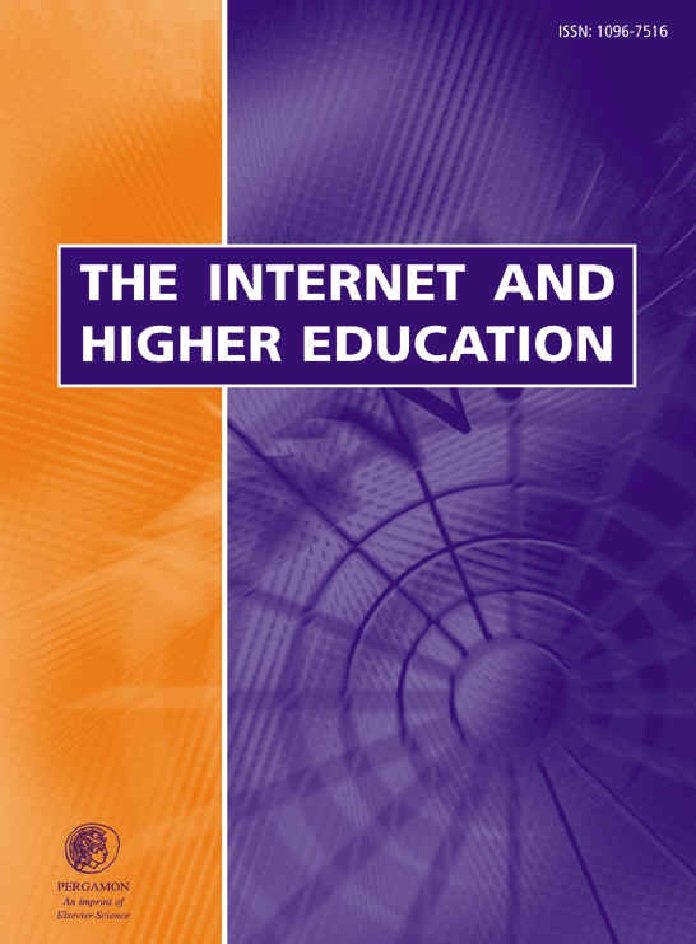This paper describes a study that looked at the effects of different teaching presence approaches in communities of inquiry, and ways in which student–student online discussions with high levels of cognitive presence can be designed. Specifically, this paper proposes that high-levels of cognitive presence can be facilitated in online courses, based on the community of inquiry model, by building upon existing research in i) self-regulated learning through externally-facilitated regulation scaffolding and ii) computer-supported collaborative learning through role assignment. We conducted a quasi-experimental study in a fully-online course (N = 82) using six offerings of the course. After performing a quantitative content analysis of online discussion transcripts, a multilevel linear modeling analysis showed the significant positive effects of both externally-facilitated regulation scaffolding and role assignment on the level of cognitive presence. Specifically, the results showed that externally-facilitated regulation scaffolding had a higher effect on cognitive presence than extrinsically induced motivation through grades. The results showed the effectiveness of role assignment to facilitate a high-level of cognitive presence. More importantly, the results showed a significant effect of the interaction between externally-facilitated regulation scaffolding and role assignment on cognitive presence. The paper concludes with a discussion of practical and theoretical implications.
Externally-facilitated regulation scaffolding and role assignment to develop cognitive presence in asynchronous online discussions
Journal article
Published
The Internet and Higher Education, Volume 24, 2015, Pages 53–65
Publication year: 2015

